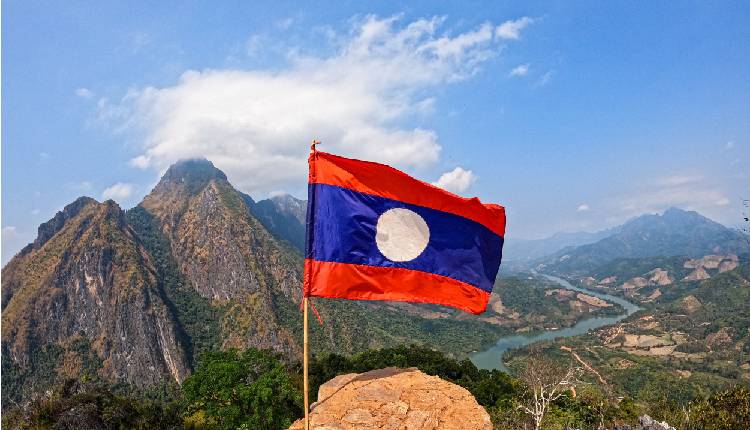WB: Inflation erodes living standards in Laos
The World Bank (WB) said that high inflation in Laos is impacting living standards, changing the labour force, and prompting workers to look for jobs overseas, according to its survey showed on Thursday.
WB’s Rapid Monitoring Phone Surveys, conducted from May to June 2024, shows stable employment rates with less than one per cent unemployment.
However, average wages only rose by eight per cent from January to May, well below the 26 per cent inflation rate.
Consequently, the proportion of households reporting a significant negative impact from inflation rose to 58 per cent in June compared to 53 per cent in January.
Meanwhile, the proportion of households reporting increased income compared to the previous year decreased from 62 per cent in December 2023 to 56 per cent in May 2024.
Rising inflation has led to increased outmigration from Laos, with the number of Lao migrant workers in Thailand exceeding pre-COVID-19 levels.
The majority of international migrants cite higher pay and better job opportunities as their main reasons for leaving Laos, with the percentage increasing from 73 per cent in 2023 to 93 per cent in 2024.
Among migrants from low-income families, this ratio has risen from 88 per cent to 99 per cent, according to the survey.
In Laos, rising inflation, currency devaluation, and stagnant wages are prompting people to seek higher-paying jobs in agriculture and manufacturing, shifting away from the services sector.
This trend has led to a rise in self-employment as individuals leave wage jobs or unpaid family work. Additionally, there is a growing number of women entering the workforce.
Attribution: World Bank statement
Subediting: M. S. Salama


